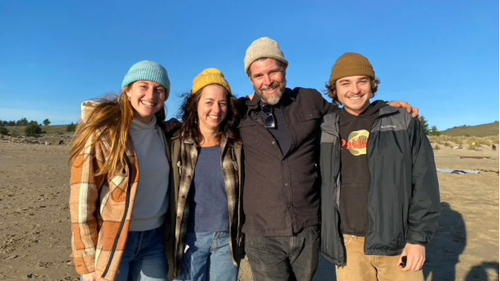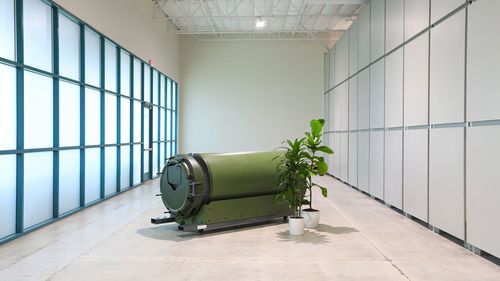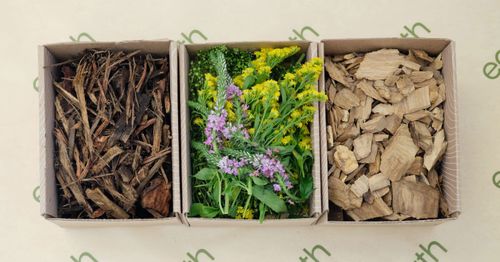Did Trump rebuke Musk on the Truth Social platform?
Verdict: False

An image of what appears to be a screenshot of a social media post by U.S. President-elect Donald Trump circulated among Chinese online users alongside a claim that it shows Trump’s post on the Truth Social platform rebuking Tesla CEO Elon Musk.
But the claim is false. AFCL found no credible records showing that Trump uploaded such a post. An analysis of the image shows signs of digital manipulation.
The image was shared on X on Dec. 22.
It shows what appears to be a long post taken from Trump’s account on his self-owned Truth Social social media platform, alongside a Chinese translation.
“Let me clear something up right now: I am the President-elect of the United States. Not Elon Musk. Not anyone else. I know the media (the FAKE NEWS) and even some of you out there keep saying things like ‘Elon’s really running the show,’ but let me tell you—-this is MY vision, MY leadership, and MY America we’re talking about,” text in the purported post read.
The same image had appeared earlier in pro-Democrat posts on X and Threads.
Trump plans to appoint Musk to head the Department of Government Efficiency, a presidential advisory commission charged with reducing federal spending.
After Musk criticized a temporary spending bill, Trump asked Congressional Republicans in a Truth Social post to “pass a streamlined spending bill that doesn’t give Chuck Schumer and the Democrats everything they want.”
While the bill passed in time to avoid a government shutdown, some Democrat lawmakers mocked Trump as taking orders from Musk.
In response, Trump said at an event in Phoenix on Dec. 22: “And all the different hoaxes and the new one is President Trump has ceded the Presidency to Elon Musk… He’s not going to be president that I can tell you. And I’m safe, you know why? He can’t be - he wasn’t born in this country.”
But the claim about Trump rebuking Must in a social media post is false.
Keyword searches found no credible records showing Trump uploaded such a post.
Photo analysis
An analysis using the image verification tool InVID shows that the image circulated among Chinese-speaking online users was likely to have been digitally manipulated.
AFCL discovered that most of the image displayed clear signs of double-compression, while some sections of the text appeared unnaturally consistent, likely because they had been generated by AI and later pasted into the frame.
AFCL also found no reports to confirm any Trump rebuking of Musk publicly in the way described by Chinese social media users.
Translated by Shen Ke. Edited by Taejun Kang.
Asia Fact Check Lab (AFCL) was established to counter disinformation in today’s complex media environment. We publish fact-checks, media-watches and in-depth reports that aim to sharpen and deepen our readers’ understanding of current affairs and public issues. If you like our content, you can also follow us on Facebook, Instagram and X.



